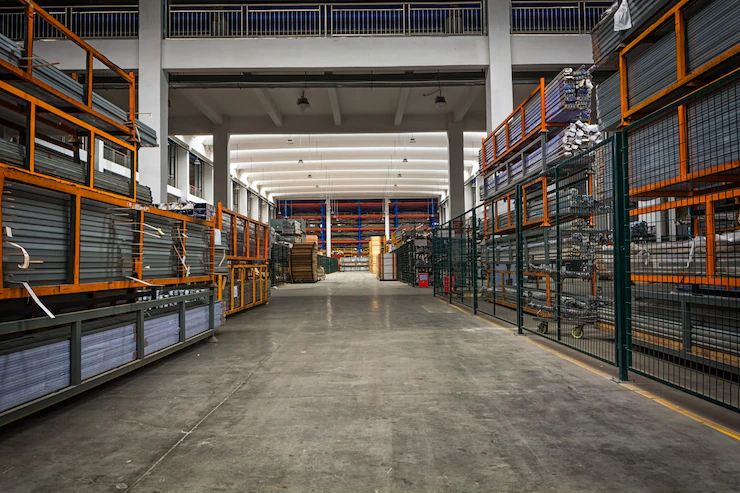Streamlining Operations with a Goods Storage Center – What You Need to Know
In the realm of logistics and supply chain management, efficient storage and inventory management are critical components that can significantly impact operational success. Goods storage centers play a pivotal role in streamlining these operations, offering businesses the infrastructure and capabilities necessary to manage inventory effectively. Here is a comprehensive overview of what you need to know about leveraging a goods storage center for your operational needs.
Centralized Inventory Management
A goods storage center provides a centralized location for storing goods, which simplifies inventory management. Instead of dispersing inventory across multiple locations, businesses can consolidate their stock in one secure facility. This consolidation enhances visibility and control over inventory levels, facilitating better forecasting, ordering, and overall supply chain management.
Enhanced Security and Safety
Security is paramount when it comes to storing goods, especially high-value or sensitive items. Goods storage centers are equipped with advanced security measures such as surveillance systems, access controls, and sometimes even on-site security personnel. These measures minimize the risk of theft, damage, or unauthorized access, ensuring that goods remain safe and intact throughout their storage duration.

Scalability and Flexibility
Businesses often experience fluctuations in inventory levels due to seasonal demands, promotions, or market trends. A eşya depolama center offers scalability and flexibility to accommodate these fluctuations without the need for substantial capital investment in additional warehouse space. Businesses can adjust their storage requirements based on current needs, optimizing operational efficiency and cost-effectiveness.
Cost Efficiency
Maintaining and operating a dedicated warehouse can be costly, requiring investments in infrastructure, maintenance, and manpower. Utilizing a goods storage center allows businesses to leverage shared facilities and resources, reducing overhead costs associated with warehouse management. Additionally, outsourcing storage to a specialized provider eliminates the need for long-term leases and capital expenditures, providing a more cost-efficient storage solution.
Integration with Transportation Networks
Efficient logistics operations require seamless integration between storage facilities and transportation networks. Goods storage centers are strategically located near major transportation hubs, facilitating smooth inbound and outbound logistics. This proximity minimizes transportation costs and transit times, optimizing supply chain efficiency from storage to final delivery.
Value-Added Services
Beyond storage, many goods storage centers offer value-added services such as pick-and-pack, kitting, labeling, and inventory management software integration. These services streamline fulfillment processes, reduce handling times, and improve order accuracy. By outsourcing these tasks to a specialized provider, businesses can focus on core competencies while benefiting from operational enhancements.
Regulatory Compliance
Compliance with regulatory requirements is crucial, particularly in industries with stringent storage and handling standards. Goods storage centers adhere to industry-specific regulations and standards, ensuring that stored goods meet legal and safety requirements. This compliance mitigates risks associated with regulatory violations and potential fines, safeguarding business operations and reputation.
Leveraging a goods storage center offers numerous advantages for businesses aiming to optimize their supply chain and logistics operations. From centralized inventory management and enhanced security to scalability, cost efficiency, and value-added services, these facilities play a pivotal role in streamlining operations and driving overall business success. By partnering with a reputable goods storage center, businesses can enhance their competitiveness, improve customer satisfaction, and achieve sustainable growth in today’s dynamic marketplace.